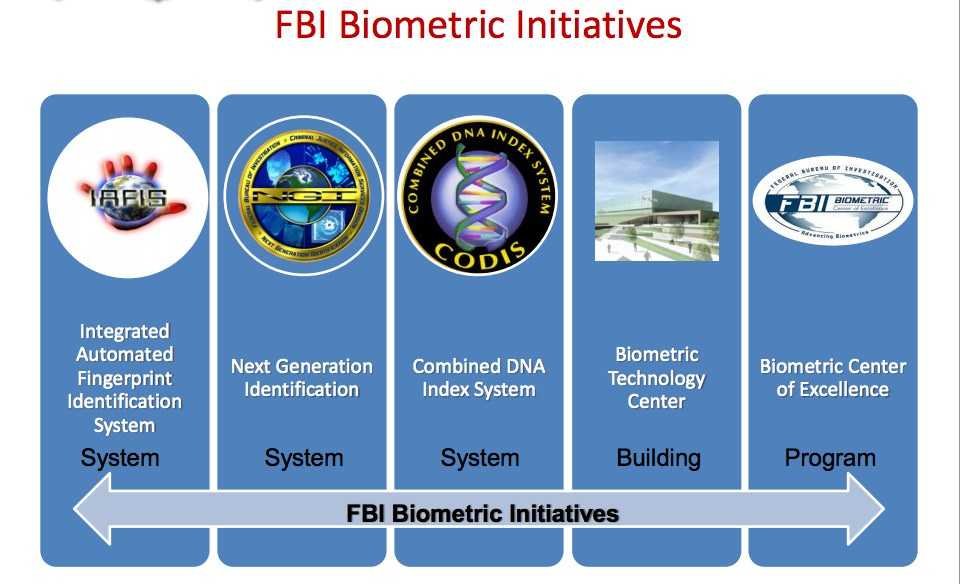Last Thursday, the FBI proposed excluding the biometric database of the service from provisions of the Privacy Act, while US law obliges each federal agency to inform citizens of the data it collects and stores.

The FBI's Next Generation Identification System (NGIS) is a massive database of biometric information such as fingerprints, iris scans, facial scans, even DNA samples.
The database is often used to track down suspected criminals. In earlier times the database was used less, but with the appearance of modern biometric authentication systems, the value of this particular database has grown enormously because it allows the FBI to access locked devices.
The database does not only include information from people who have committed crimes. NGI also includes data from people who at some point gave their fingerprints or scanned their iris for their work, or for the issuance of a license.
In practice, anyone who has served in the army, or works on a government post, has issued ID documents and other licenses is already in the database.
The FBI naturally seeks to hide the size of the database. In 2015, after a long court battle, Electronic Frontier Foundation revealed that the database contained information on more than 52 million US citizens. The US has a population of about 320 million.
In March of 2016, the San Diego Union Tribune revealed that the FBI has access to any biometric data that has private databases such as Ancestry.com and 23andMe.





